Job Opportunities in United States

September 6, 2024
City of Columbus
Columbus
PART TIME
Public Health Peer Advocate (Vacancy)
Definition
This grant-funded position will be responsible for providing breastfeeding education, promotion, and support to pregnant and breastfeeding women according to the policies and protocols of Columbus Public Health and the Franklin County WIC Program. The preferred incumbent will work as a team within a clinic environment and make referrals to certified lactation staff for issues beyond the scope of practice.
Starting Pay Range: $20.60 to $22.89 per hour
Preferred Experience and Qualifications:
Starting Pay Range: $20.60 to $22.89 per hour
Preferred Experience and Qualifications:
- Currently a WIC participant, or has been a WIC participant within the last 5 years.
- Has breastfed at least one baby exclusively for 6 months (does not have to be currently breastfeeding).
- Is enthusiastic about breastfeeding/wants to help other mothers enjoy a positive experience.
- Has reliable transportation.
Examples of Work
(Any one position may not include all of the duties listed, nor do the examples cover all of the duties that may be performed.)
Interacts with clients as peers sharing common experiences, building rapport and trust in order to facilitate their health care needs and improve their quality of life;
Shares knowledge based on personal life experiences to provide social, emotional, and practical support, or assistance to clients who share similar life experiences;
Provides peer interventions to clients including coping strategies, relapse prevention, and connections to available resources in order to promote recovery;
Works in a team setting as one component of the clients’ coordinated care, maintaining a relationship with the client that fosters trust and understanding, which is distinct from the provider’s role;
Promotes better health for clients by providing patient education and information on designated and specific health topics;
Helps clients to identify and adopt risk reduction strategies (such as safe sex, drug treatment, needle exchange);
Participates in and/or conducts group educational sessions for a specified client population;
May travel within the community to visit with clients and groups in a variety of residential and community settings;
May communicate with individuals who have limited English language skills;
May be assigned to serve as a member of an Incident Command System (ICS) Team, or a similar public health response team which may include the conduct of operations on a 24/7 basis at remote locations. May serve as a department and/or community incident commander or on the incident command team.
Minimum Qualifications
Completion of the twelfth school grade. Substitution(s): A certificate of high school equivalence (GED) will be accepted in lieu of the twelfth school grade requirement.
Some positions may require possession of a valid driver’s license.
Some positions may require specialized skills or experiential background due to the nature of, or funding requirements for, the program.
Test/Job Contact Information
Recruitment #: 24-1755-V1
Employment Type: Part-Time (Limited)
Should you have questions regarding this vacancy, please contact:
Krystie Weist
Columbus Department of Public Health
290 Parsons Ave.
Columbus, Ohio 43215
P: (614) 645-5589
E: kaweist@columbus.gov
The City of Columbus is an Equal Opportunity Employer
Employment Type: Part-Time (Limited)
Should you have questions regarding this vacancy, please contact:
Krystie Weist
Columbus Department of Public Health
290 Parsons Ave.
Columbus, Ohio 43215
P: (614) 645-5589
E: kaweist@columbus.gov
The City of Columbus is an Equal Opportunity Employer
We regret to inform you that this job opportunity is no longer available
Latest Job Opportunities
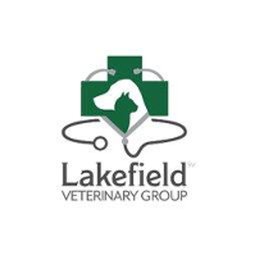


September 23, 2024
Fresh Dental Care PC
Dental Patient Care Coordinator - $30-$35/hour
JBER
FULL TIME
View Details
September 23, 2024
North Slope Borough, AK
Prudhoe Bay Regional Coordinator - SCC
Prudhoe Bay
FULL TIME
View Details


September 23, 2024
North Slope Borough, AK
Children & Youth Services Program Manager
Barrow
FULL TIME
View Details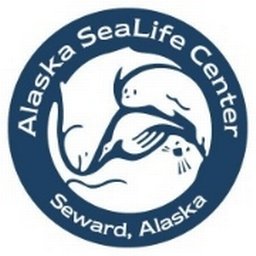
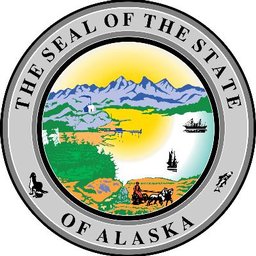
Similar Jobs
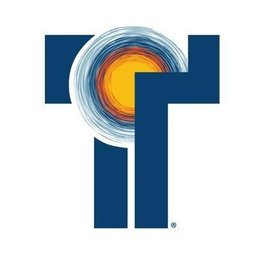
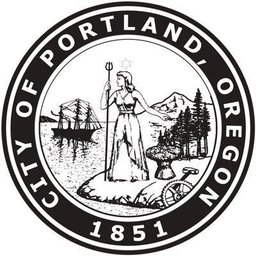
August 26, 2024
City of Portland, OR
Digital and Public Records Specialist (Coordinator I - NE - CPPW)
Portland
FULL TIME
View Details
September 3, 2024
City of Kent, WA
Administrative Assistant 3-Public Works
Kent
FULL TIME
View Details

September 3, 2024
Snohomish County
Public Information & Records Specialist - Criminal Division
FULL TIME
View DetailsSeptember 9, 2024
US Administration for Strategic Preparedness and Response
Public Health Advisor
Mangilao
FULL TIME
View DetailsNew Jobs from This Company

September 12, 2024
City of Columbus
Recreation and Parks Aide Year-Round (Outdoor Education) (Vacancies)
Columbus
PART TIME
View Details
September 11, 2024
City of Columbus
Care Coordination Assistant (Vacancy)
Columbus
FULL TIME
View Details
September 9, 2024
City of Columbus
Water Plant Operator II (Vacancy)
Columbus
FULL TIME
View Details
September 6, 2024
City of Columbus
Department Assistant Director (U) (Vacancy)
Columbus
FULL TIME
View Details